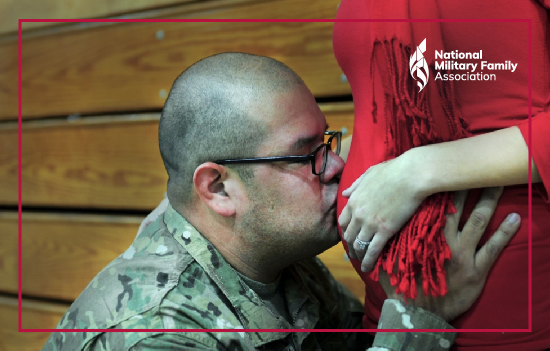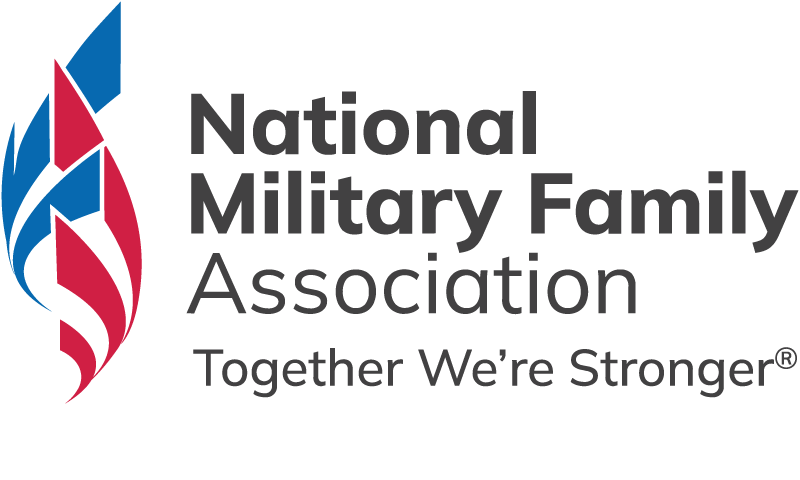Tell Congress: Pregnancy Should be a Qualifying Life Event for Military Families

While planning to welcome a new addition to your military family is joyful and exciting, pregnancy can also be a challenging time for military families. Often, expectant moms are far away from family and friends and may be coping with separation from their spouse due to deployment or TDY. For pregnant moms coping with the stresses of military life, regular access to high-quality prenatal care isn’t just a “nice to have”—it’s absolutely essential. That’s why we are urging Congress to make pregnancy a Qualifying Life Event (QLE) for TRICARE beneficiaries.
TRICARE Plan Options
TRICARE offers two basic plans. TRICARE Prime is a managed care option. Prime enrollees are assigned a Primary Care Manager (PCM) and must obtain a referral in order to access specialty care. Many Prime beneficiaries receive their care at Military Treatment Facilities (MTFs). The other option is TRICARE Select. Beneficiaries enrolled in Select have more flexibility in their choice of providers and can seek specialty care without a referral but may have higher out-of-pocket costs. Military families can switch plans during the annual Open Season in the fall or if they experience a QLE, such as a move, job loss, marriage or divorce, or the birth or adoption of a child. However, pregnancy isn’t considered a QLE.
Why Pregnancy as a QLE Matters
It’s true that many civilian insurance plans also don’t consider pregnancy a QLE. But military life is different in some important respects. First, civilian insurance plans typically offer a broad range of providers in their networks. An expectant mother with a civilian insurance plan can choose from multiple providers without having to change plans. On the other hand, a TRICARE beneficiary enrolled in Prime may have only one option: her local MTF.
Second, the variability of the military health system means that families often don’t know what to expect when they move to a new location. Accessing care through the MTF might work at one location; at another, the MTF might be chronically understaffed with long waits for appointments. Families might not know which is the case until they are pregnant and trying to access care—at which point it is too late to switch plans.
No military family member should have to worry about regular access to high-quality health care while they are expecting. Allowing beneficiaries to switch TRICARE plans during pregnancy is an easy fix that ensures all expectant moms can access care that meets their needs.
What We Can Do Now to Help
Congress needs to hear from you. How would having the option to switch TRICARE plans during pregnancy impact your military family? Share your stories with us!
By: Eileen Huck, Government Relations Senior Deputy Director





